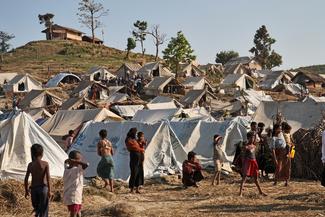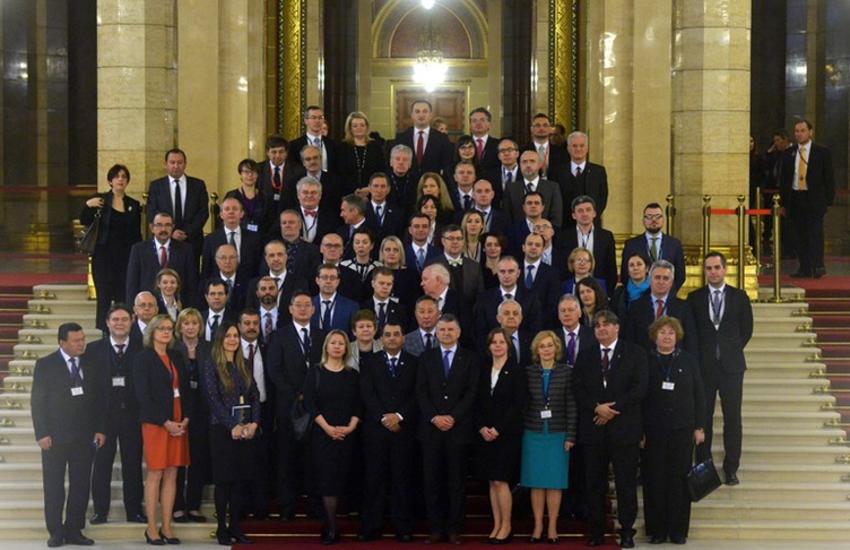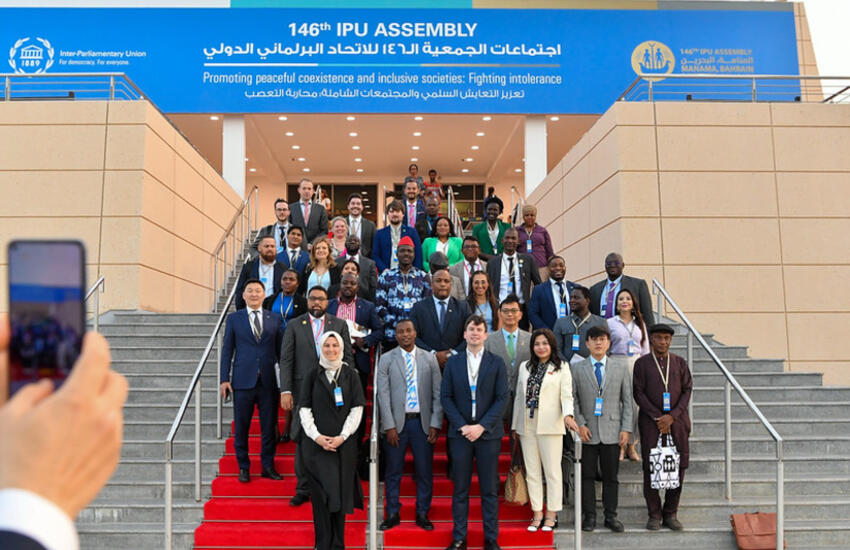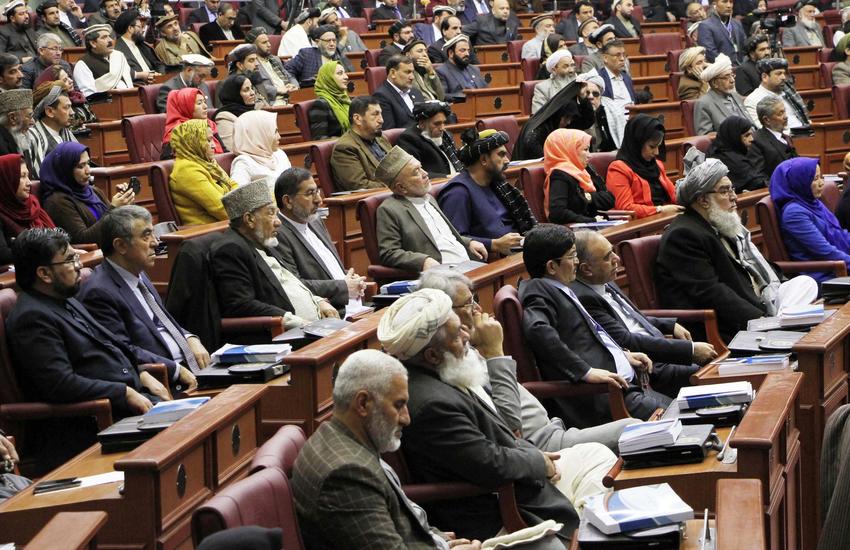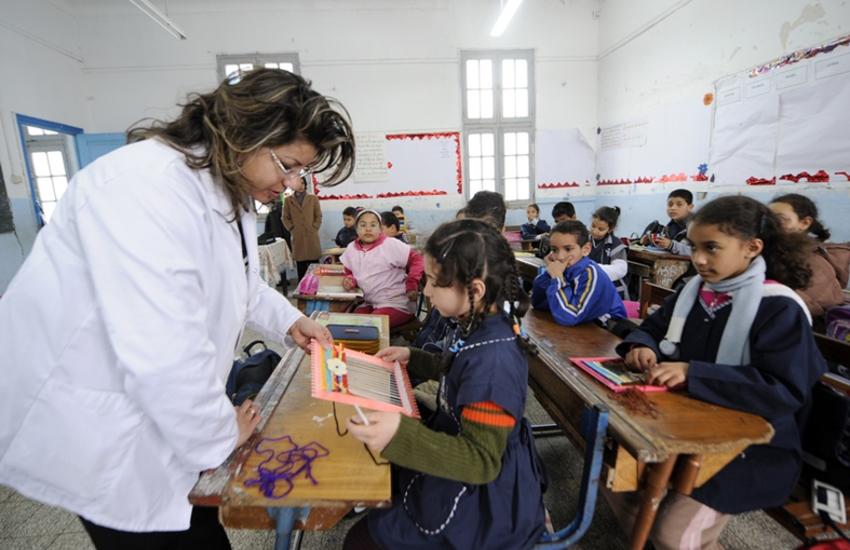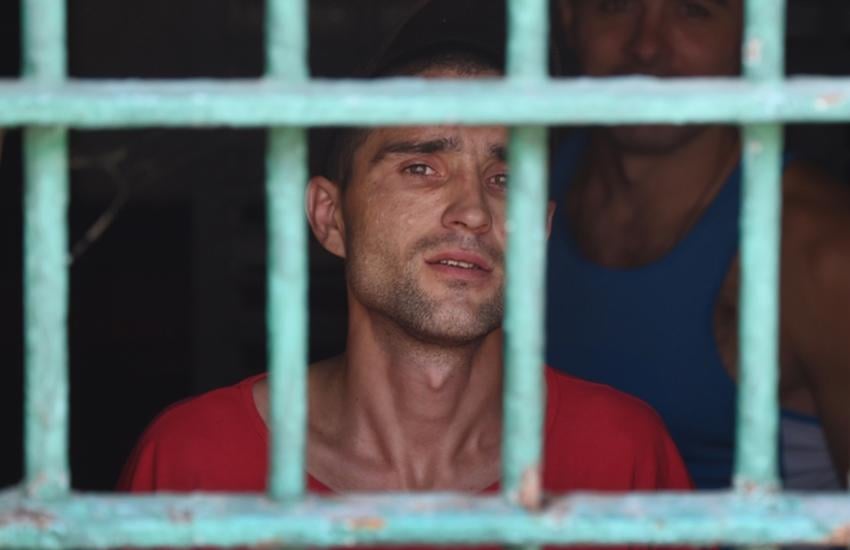Parliamentarians are good at taking the floor to speak. Indeed the origin of the word “parliament” comes from the French "parlementer”- to speak until you reach an agreement. However, beyond the words, IPU Member Parliaments also follow up on IPU assemblies, initiatives and resolutions with concrete actions.
At the 139th Assembly in October 2018, IPU Member Parliaments reported on measures they had taken over the past years as a result of IPU activity. The reporting exercise is rotational - all 178 IPU Member Parliaments are required to submit reports every four years. For the 2018 round, 67 per cent of Members invited to report sent through examples of actions taken following IPU meetings. This represents an increase in reporting compared with 2017 where 63 per cent of surveyed Members had reported, and between 30 and 40 per cent the years before. The IPU’s objective is to reach 100 per cent.
Examples of good practice from Member Parliaments include the following:
In Armenia, the National Assembly is currently working on amendments to the Electoral Code aimed at increasing the number of women in Parliament.
In Belgium, following an IPU resolution in 2017, the Parliament put 30 questions to the Government concerning the situation of the Rohingya refugees. In 2017, the Senate adopted a resolution on strengthening the financial autonomy of women in developing countries following a previous IPU resolution.
In Burkina Faso, the Parliament organized two workshops on public policies and the implementation of the Sustainable Development Goals (SDGs). The Parliament also contributed to the elaboration of a national log frame to evaluate progress on the implementation of the SDGs.
In Colombia, a special room for breastfeeding was created in Congress.
The Costa Rican Parliament organized a forum on the SDGs to identify the challenges and opportunities for the country.
In the Czech Republic, MPs adopted a new parental leave policy, created childcare facilities, and provided breastfeeding rooms in the Parliament.
In Ecuador, the National Assembly created specialized parliamentary groups focused on the SDGs. In October 2017, it also approved a resolution on implementing the SDGs and the 2030 Agenda at the national level.
The Egyptian Parliament amended a law on the protection of antiquities in line with recommendations made by a previous IPU resolution. The Parliament also adopted a law on combating illegal migration and smuggling of migrants.
In the United Arab Emirates, the Parliament debated the 2017 IPU resolution on the Rohingya.
The Uzbek Parliament developed a mechanism for parliamentary oversight on the protection of human rights and the implementation of UN recommendations.
In Zambia, the National Assembly established a process to implement IPU resolutions and sensitize MPs.
In 2019, the next reporting round will concern the following countries, organized by the geopolitical groups:
African Group:
Burundi, Djibouti, Equatorial Guinea, Ethiopia, Gabon, Gambia, Ghana, Guinea, Guinea-Bissau, Kenya, Lesotho
Arab Group:
Lebanon, Libya, Mauritania, Morocco, Oman
Asia-Pacific Group:
Fiji, India, Indonesia, Islamic Republic of Iran, Japan, Lao People’s Democratic Republic, Malaysia, Maldives, Marshall Islands
Group of Latin America and the Caribbean:
Cuba, El Salvador, Guatemala, Guyana, Haiti, Honduras
Twelve Plus Group:
Finland, Georgia, Germany, Greece, Hungary, Iceland, Ireland, Israel, Italy, Latvia,Liechtenstein, Lithuania.
More information on the 2018 reporting exercise here.





